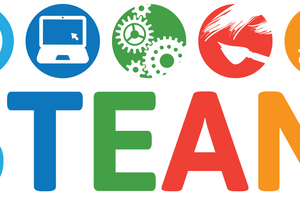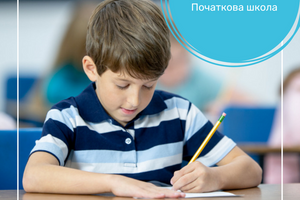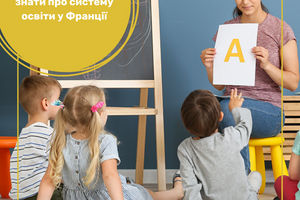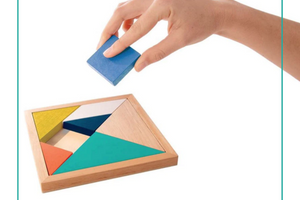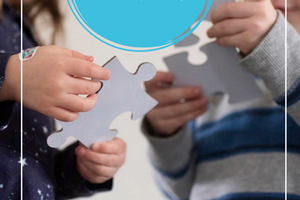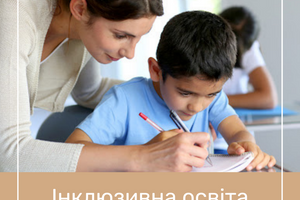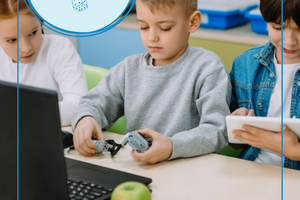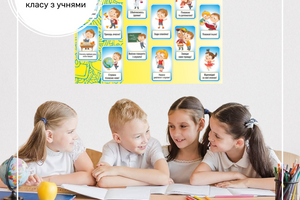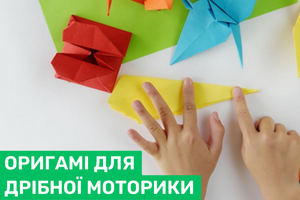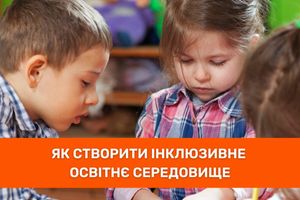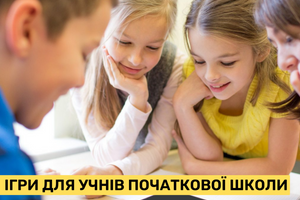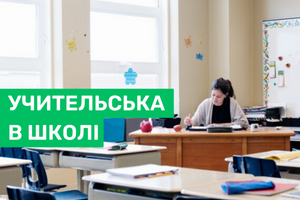The influence of the game on the development of logical thinking
At the primary school age, the visual thinking characteristic of a preschooler transforms into conceptual (or abstract) thinking, which is an independent internal cognitive activity based on concepts, words and rules of logic.
Perception and images of objects have the form of mental operations. Children gradually master the concepts of constancy of mass, volume and number. They learn concepts related to time and space and their measurement. They perform the first reversible operations, that is, they are able to return their mind to the starting point.
Pupils of grades 1-4 perform classification, ranking, comparison, abstracting, generalization and systematization operations, first on specific, and later on the basis of verbal messages. Gradually, the ability to reason and prove (primarily by trial and error), to systematize information, appears.
In elementary school age, mental operations are still associated with actions. Therefore, it is extremely important to stimulate the development of thinking also through entertainment and games.
It is important to understand what logical thinking is and how it affects our everyday life.
Rational people can easily correlate events and objects.
The probability that rational people will be wrong is likely to decrease.
Children who have strong logical thinking skills are successful in school because they can make cause-and-effect relationships.
Rational people are likely to be more successful at work because they develop the right strategies.
Like almost any skill, logic can also be improved and developed through appropriate exercises and activities. Here are some top tips to help you do just that!
1. Logical exercises
Games are undoubtedly the best way to teach children something.
With the help of games, you can help your children develop logical thinking skills, planning skills, spatial perception skills, logical thinking skills, mathematical thinking skills.
2. Communication with others
Communication, in other words, building new relationships, will broaden your perspective. In this way, you can gain more and more logical thinking skills with the ability to approach situations and thoughts from different points of view. Encourage your children to make new friends at school, in the neighborhood, or at the park. Not only will this help improve their logical thinking skills, but it will also help them develop healthy social skills.
3. Creative hobbies
Although the left hemisphere of our brain is responsible for logical thinking, creative activity, which is mainly controlled by the right hemisphere of our brain, promotes the development of logical thinking. So encourage your children to engage in creative activities such as pretend play, drawing, writing and music.
Well, how do they help logical thinking?
For example, learning a new instrument requires deep thought and concentration. During this process, your children will be able to solve more problems with flexibility and ease.
Also, because these tasks require creativity, creative thinking naturally develops problem-solving skills that can help your children do better in school.
4. Questions of the Event
One of the best ways to improve your logical thinking skills is to ask questions about things you normally take for granted. Making a habit of asking these questions will help you see situations more fully and allow you to approach them more logically and creatively.
You can come up with simple games to apply this tip with your children. For example, start with a sentence that is the result of an obvious fact and complete it like your children:
Father: "It's cold because..."
Child: "... it is snowing/winter/raining. »
5. Read mystery books and stories
This is a situation of two birds with one stone. You can improve your children's reading skills and logical thinking simply by involving them in a mystery.
Read mystery books and stories
There are many mystery stories and books that your children will enjoy reading while trying to solve the mysteries.
6. Learn/discover new skills
This tip is very close to the third tip above, but there is no such thing as too much training. Creative or not, learning new skills can help sharpen your logical skills.
The more you use the opportunity to learn something new, the more you will be able to think logically and strategically.
Learn/discover new skills
Encourage your children to learn something new! Depending on the age, it can be; learning a new language, learning a new sport or even learning a new game.
Daily training will not only help to form the mindset of a thoughtful and logical approach to problems and situations, but will also develop new skills that your children will love!
7. Puzzles
Puzzles and puzzle games like tangrams are always fun for kids. However, did you know that it helps improve your logical thinking skills?
When children try to find the answer to a question, they are forced to think strategically and logically.
8. Attention
Extreme stress is one of the worst enemies of logical thinking. And it may come as a shock, but most children experience more stress than adults
When your children's stress levels are under control, they are more likely to focus and make logical decisions. And one of the best ways to deal with stress is to practice mindfulness
The difference between logic and reason
You say, “What is the difference between reason and logic? Aren't they the same thing?" To begin with, "logic" is a noun, and "mind" is both a noun and a verb.
You can "reason" with a person, but not with someone. Also, any logic can be argued, but not all reasoning can be based on logic.
However, the main difference between logic and reason is that reason can be subjective, while logic is a true science that follows well-defined rules and tests critical thinking.
Logic also requires tangible, visible, or audible evidence of a sound thought process through reasoning.
For example, you can argue or "reason" with someone that water is cold, but the fact that the freezing point of water is 0℃ is not debatable because there is logic to it.
Examples of logic
Here are some everyday logic examples that will help you and your children understand the concept of logic and logical thinking even more deeply.
1. Informal logic
Informal logic is what we usually use for our daily reasoning processes. These are the reasoning and arguments you make when you're communicating with others in person, and they're more subjective than fact-based.
Example 1
Assumption: Nazar passed under the ladder on the way to work. Nazar was fired from his job today.
Conclusion: to walk under a ladder - to misfortune.
Explanation: This is an assumption based on superstition. It has no logic based on facts.
Example 2
Assumption: My sister is a celebrity. I live with my sister.
Conclusion: I am a celebrity.
Explanation: Proving glory is greater than assuming that it will disappear.
Inductive logic examples can also be considered in this category. Inductive reasoning is done using specific information and making broad generalizations that are considered probable. Because the reasoning is based on multiple experiences, the results are not always accurate.
Example 1
Assumption: An umbrella protects you from getting wet in the rain. Angelina took her umbrella and it didn't get wet.
Inference : In this case, you can use inductive reasoning to conclude that it was probably raining.
Explanation : Your conclusion, however, is not necessarily accurate, because Angelina would have remained dry whether it was raining and she had an umbrella, or whether it was not raining at all.
Example 2
Assumption: thirteen of the twenty houses of the block burned down. Every fire was caused by faulty wiring.
Conclusion : If more than half of the houses have faulty wiring, then all the houses in the block have faulty wiring.
Explanation: There is a possibility to draw a conclusion, but it is not true.
2. Formal logic
Formal logic requires deductive reasoning, and premises must be based on facts. The premises must lead to an official conclusion.
Example 1
Assumption: every person who lives in Kyiv lives in Ukraine. All residents of Ukraine live in Europe.
Conclusion: every person who lives in Kyiv lives in Europe.
Explanation: The premises are based on geographical facts.
Example 2
Assumption : Bicycles have two wheels. Jenny rides a bicycle.
Conclusion : Jenny rides on two wheels.
Explanation : The premises are based on facts, so the conclusion is true.
3. Symbolic logic
Symbolic logic, as the name suggests, focuses on how symbols relate to each other. He assigns symbols to verbal reasoning in order to be able to test the truth of statements by mathematical processes. This type of logic is commonly used in computing.
example
Statement : (A) If all mammals feed their young with milk. (B) If all dogs feed their young with milk. (C) All dogs are mammals. Ʌ means "and" and the symbol ⇒ means "means".
Conclusion: A Ʌ B ⇒ C
Explanation : Statements A and B lead to conclusion C. If all mammals feed their young and so do dogs, then all dogs are mammals.
4. Mathematical logic
It goes without saying that all mathematical problems are based on logic, each of which has a single result based on facts. Because mathematical logic applies formal logic to mathematics, mathematical logic and symbolic logic are often used interchangeably.









